Home>Garden Essentials>How Long Does Basil Take To Germinate?
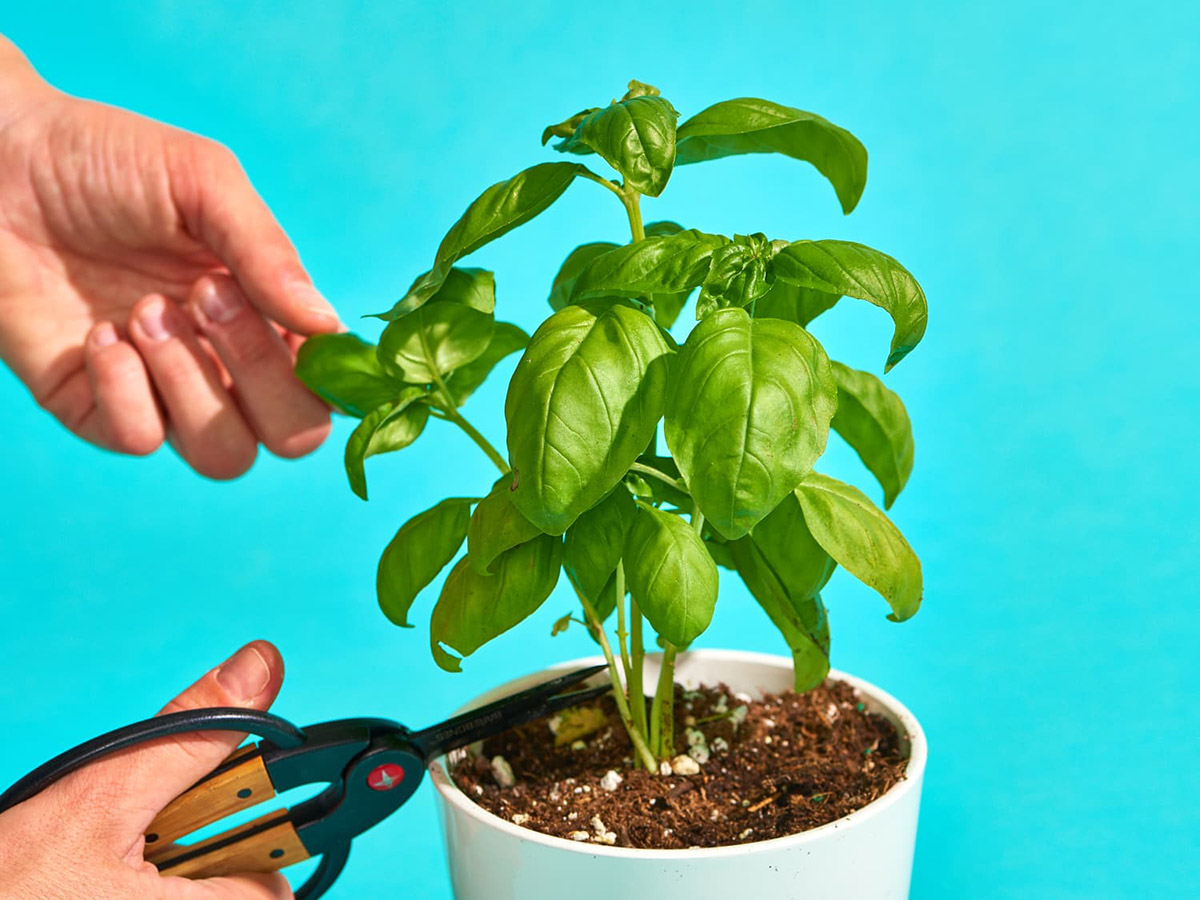

Garden Essentials
How Long Does Basil Take To Germinate?
Modified: April 22, 2024
Discover how long it takes for garden basil seeds to germinate. Get expert tips for successful germination and growing your own fresh basil at home.
(Many of the links in this article redirect to a specific reviewed product. Your purchase of these products through affiliate links helps to generate commission for Storables.com, at no extra cost. Learn more)
Introduction
Welcome to the wonderful world of gardening! If you have recently embarked on your gardening journey or are interested in growing your own herbs, you may have encountered some questions along the way. One common question that arises when it comes to growing basil is, “How long does basil take to germinate?” Germination is the process by which a seed sprouts and starts to grow into a new plant. Understanding the germination time for basil seeds is crucial for planning and ensuring successful growth.
Before we dive into the specifics of basil germination, let’s briefly discuss the factors that can affect the germination process. It’s important to keep in mind that several variables can influence how long it takes for basil seeds to germinate.
Soil type and fertility: Basil prefers well-draining soil that is rich in organic matter. The quality and fertility of the soil can impact the germination process.
Temperature: Basil seeds germinate best at temperatures between 70°F and 90°F (21°C and 32°C). Cooler temperatures can slow down germination, while excessively high temperatures can hinder the process.
Moisture levels: Adequate moisture is essential for basil seed germination. Seeds need a consistently moist environment to optimize germination rates.
Light exposure: Basil seeds generally do not require light to germinate. In fact, some gardeners prefer to cover the seeds with a thin layer of soil to ensure darkness during the germination period.
Now that we have an understanding of the factors affecting basil germination, let’s explore how long it typically takes for basil seeds to sprout.
Key Takeaways:
- Basil seeds typically take 5 to 10 days to sprout, but factors like temperature and moisture can affect the germination speed. Providing optimal conditions and using high-quality seeds can help ensure successful basil germination.
- To help basil seeds sprout, create a warm, moist environment and monitor the soil’s moisture levels. Proper storage of seeds, regular care, and addressing common issues like slow germination can lead to thriving basil plants.
Read more: How Long Until Basil Germinate
Factors Affecting Basil Germination
When it comes to successfully germinating basil seeds, several key factors come into play. Understanding these factors will help you create the ideal conditions for your basil seeds to sprout and thrive. Let’s take a closer look at the factors that can influence basil germination:
Soil type and fertility: The type and fertility of the soil play a crucial role in basil germination. Basil prefers well-draining soil that is rich in organic matter. Well-draining soil ensures that excess water doesn’t accumulate around the seeds, which can lead to rot or fungal diseases. Additionally, incorporating compost or other organic matter into the soil can provide essential nutrients that promote healthy germination and seedling growth.
Temperature: Basil seeds require warm temperatures to germinate successfully. The optimal temperature range for basil germination is between 70°F and 90°F (21°C and 32°C). Warmer temperatures help stimulate the seed’s metabolism and encourage quicker germination. Cooler temperatures can significantly slow down the germination process, so it’s important to provide a consistently warm environment for basil seeds to thrive.
Moisture levels: Adequate moisture is paramount for basil seed germination. Seeds need a consistently moist environment to absorb water and start the germination process. It’s crucial to keep the soil evenly moist but not waterlogged. Excessive moisture can lead to seed rot or invite fungal diseases, while dry conditions can impede germination. Regularly monitor the moisture levels in the soil and adjust watering accordingly to create an optimal growing environment for your basil seeds.
Light exposure: Basil seeds do not require light to germinate. In fact, some gardeners prefer to cover the seeds with a thin layer of soil to ensure darkness during the germination period. Providing darkness can help stimulate root growth and ensure successful sprouting. Once the seedlings have emerged, they will require ample light for healthy growth. Place them in a sunny location or provide supplemental artificial light if needed.
By understanding and addressing these factors, you can create the ideal conditions for basil seed germination. Now that we have explored the factors affecting germination, let’s delve into how long it typically takes for basil seeds to sprout.
Germination Time for Basil Seeds
Knowing the average germination time for basil seeds is essential for planning and managing your garden. While basil seeds generally germinate within a specific timeframe, it’s important to note that there may be variations in germination duration based on various factors. Let’s explore the germination time for basil seeds and the factors that can influence the speed of germination.
Average germination time: On average, basil seeds take about 5 to 10 days to germinate. However, it’s important to remember that this timeframe can vary depending on different factors such as temperature, moisture levels, and seed quality.
Variations in germination duration: It’s crucial to understand that not all basil seeds will germinate at the same time. While some seeds might sprout within the average timeframe, others may take longer. This variation can occur due to natural seed dormancy, differences in seed quality, and environmental conditions.
Factors influencing the germination speed: Several factors can influence the speed at which basil seeds germinate. Here are a few key factors to consider:
- Temperature: Warm temperatures between 70°F and 90°F (21°C and 32°C) provide the optimal conditions for basil seed germination. If the temperature is too low, germination may be slower, while higher temperatures can speed up the process.
- Moisture levels: Basil seeds require adequate moisture to initiate the germination process. Providing consistent moisture levels without overwatering or allowing the soil to dry out completely will promote faster germination.
- Seed quality: The quality of the seeds you use can also affect germination speed. Opt for fresh, high-quality basil seeds from reputable sources to ensure higher germination rates and quicker sprouting.
- Seed dormancy: Some basil seeds may have natural dormancy mechanisms that delay germination. Scarifying or nicking the seed coat slightly before planting can help break dormancy and promote faster germination.
- Light exposure: Basil seeds do not require light to germinate. However, providing darkness during the germination process can stimulate root growth and improve overall germination rates.
By considering these factors and providing optimal growing conditions, you can help promote quicker and more consistent germination of your basil seeds. In the next section, we will explore some germination techniques and tips to ensure successful basil seed sprouting.
Germination Techniques for Basil Seeds
To increase the chances of successful germination and ensure healthy growth of your basil plants, it’s important to follow proper germination techniques. Let’s explore the steps involved in germinating basil seeds, from preparing the growing medium to providing optimal growing conditions.
Preparing the growing medium: Start by selecting a well-draining growing medium for your basil seeds. You can use a combination of potting soil and compost or choose a specially formulated seed starting mix. Fill seed trays, pots, or seedling trays with the growing medium, leaving a small gap at the top for watering.
Sowing basil seeds: Once the growing medium is ready, it’s time to sow the basil seeds. Gently press the seeds into the soil, ensuring they are evenly spaced and not overcrowded. Depending on the variety, basil seeds are typically small and should be sown at a depth of approximately ¼ inch (6 mm). Lightly cover the seeds with a thin layer of soil or vermiculite.
Providing optimal growing conditions: To promote successful germination, it’s crucial to create an environment that meets the requirements of basil seeds. Here are some key factors to consider:
- Temperature: Place the seeded trays in a warm location with temperatures between 70°F and 90°F (21°C and 32°C). You can use a heating mat or a warm spot in your home to help maintain optimal temperatures.
- Moisture: Keep the soil consistently moist but not waterlogged. You can mist the soil gently or use a spray bottle to water lightly. Avoid overwatering, as excess moisture can lead to fungal diseases. Maintain adequate moisture levels by regularly monitoring the soil’s moisture content.
- Light: Basil seeds do not require light to germinate. For best results, cover the seeded trays with a clear plastic dome or plastic wrap to create a mini greenhouse effect. This helps retain moisture and create a warm, dark environment for germination. Once the seeds have sprouted, remove the cover and place the seedlings in a bright location with full sun or under grow lights for optimal growth.
By following these germination techniques and providing the ideal growing conditions, you can increase the chances of successful basil seed sprouting. In the next section, we will share some tips to ensure successful germination.
Basil seeds typically take 5-10 days to germinate. Keep the soil consistently moist and provide warmth for best results.
Tips for Successful Basil Germination
To ensure successful basil germination and healthy growth of your plants, it’s important to follow some essential tips. By implementing these tips, you can increase the chances of successful sprouting and establish robust basil plants. Let’s explore some key tips for successful basil germination:
Using fresh, high-quality seeds: Start with fresh, high-quality basil seeds to improve germination rates. Avoid using old or expired seeds, as their viability decreases over time. Purchase seeds from reputable sources or consider saving seeds from your own healthy basil plants for future sowing.
Proper storage of basil seeds: Properly storing your basil seeds can help maintain their viability for an extended period. Store seeds in a cool, dry place away from direct sunlight. Consider using airtight containers, such as glass jars or seed storage envelopes, to protect the seeds from moisture and pests. Label the containers with the seed variety and the date of collection or purchase for easy reference.
Regular monitoring and care: Once you have sown the basil seeds, it’s crucial to regularly monitor their progress and provide necessary care. Keep a close eye on moisture levels in the soil, ensuring it remains consistently moist without becoming waterlogged. Check the temperature to ensure it remains within the optimal range for basil seed germination. Keep the seeded trays or pots in a warm location and monitor the seedlings’ growth as they emerge.
Remove any coverings or plastic domes once the seeds have sprouted. At this stage, it’s important to provide adequate light for the seedlings. Place them in a sunny location or under grow lights to ensure proper photosynthesis and healthy growth.
Additionally, make sure to thin out the seedlings if they appear overcrowded. This allows the remaining seedlings to have enough space to develop and reduces competition for nutrients and sunlight.
Consistently check for any signs of pests or disease and take appropriate measures to address them promptly. Provide proper nutrition by fertilizing the seedlings with a balanced organic fertilizer once they have developed their true leaves.
By following these tips, you can improve the success rate of your basil germination and set the stage for thriving basil plants. In the next section, we will address common issues that may arise during the germination process and provide troubleshooting solutions.
Read more: How Long Does Rosemary Take To Germinate
Troubleshooting Basil Germination Issues
While basil germination is generally straightforward, there can be some challenges that arise along the way. Understanding common issues and their possible solutions can help you troubleshoot any problems and ensure successful germination of your basil seeds. Let’s explore some common challenges during germination and the corresponding solutions:
Challenge: Slow or uneven germination: Sometimes, basil seeds may take longer than the average germination time or show uneven sprouting.
Solution: Ensure that the growing conditions are optimal, including temperature, moisture levels, and light exposure. Maintain consistent moisture in the soil, avoid overwatering or underwatering, and provide appropriate temperatures for faster and more uniform germination. If the slow germination persists, consider scarifying or nicking the seed coat slightly before planting to break any dormancy and promote quicker sprouting.
Challenge: Seed rot or fungal diseases: Excessive moisture or poor drainage can lead to seed rot or fungal diseases, preventing germination or causing seedling death.
Solution: Ensure that the soil has good drainage and that you are not overwatering your basil seeds. Allow the soil to dry slightly between waterings to prevent waterlogging. Provide adequate airflow around the seedlings by spacing them properly and avoiding overcrowding. If seed rot or fungal diseases develop, remove the affected seedlings and adjust your watering practices accordingly.
Challenge: Pests damaging seedlings: Seedlings may be susceptible to pests such as aphids, slugs, or snails, which can eat or damage the young plants.
Solution: Monitor your basil seedlings regularly for any signs of pest infestation. Consider using organic pest control methods such as handpicking pests, using natural repellents, or introducing beneficial insects like ladybugs or lacewings to control pest populations. Creating physical barriers, such as copper tape or diatomaceous earth, can also deter pests from reaching your seedlings.
Challenge: Leggy or weak seedlings: If your basil seedlings appear leggy or weak, with elongated stems and sparse foliage, it may be a sign of insufficient light.
Solution: Ensure that your seedlings receive adequate light. If growing indoors, place them under grow lights or near a south-facing window for optimal light exposure. Adjust the distance between the light source and the seedlings to prevent them from stretching too much. Providing 12-16 hours of light per day will help promote stronger and healthier growth.
By addressing these common challenges and implementing the appropriate solutions, you can overcome potential problems during basil germination and ensure successful growth. With a little care and attention, you’ll soon be enjoying the fresh aroma and flavorful taste of your homegrown basil.
Conclusion
Germinating basil seeds is an exciting and rewarding process that allows you to cultivate your own herb garden. By understanding the factors that influence basil germination and implementing proper germination techniques, you can increase the chances of successful sprouting and establish healthy basil plants.
We discussed the various factors that affect basil germination, including soil type and fertility, temperature, moisture levels, and light exposure. These factors play a crucial role in creating the optimal conditions for basil seed germination.
On average, basil seeds take about 5 to 10 days to germinate, but variations in germination duration are common. The speed of germination can be influenced by factors such as temperature, moisture levels, seed quality, seed dormancy, and light exposure.
To ensure successful basil germination, it is important to prepare the growing medium properly, sow the basil seeds at the recommended depth, and provide optimal growing conditions in terms of temperature, moisture, and light. Monitoring and regular care are essential to address any challenges that may arise during the germination process.
Using fresh, high-quality seeds, proper storage of basil seeds, and regular monitoring and care are vital for successful basil germination. Additionally, troubleshooting common issues such as slow or uneven germination, seed rot or fungal diseases, pests damaging seedlings, and leggy or weak seedlings, can help you overcome challenges and ensure healthy growth.
By following these guidelines and tips, you can increase the chances of successful basil germination and cultivate a thriving herb garden. Whether you plan to use basil for culinary purposes, aromatherapy, or for its medicinal properties, the process of germinating basil seeds is the first exciting step on your gardening journey.
So, go ahead and get your hands dirty, sowing basil seeds with confidence. With patience, care, and a little bit of green thumb, you’ll soon be enjoying the delightful aroma and delicious flavor of homegrown basil.
Frequently Asked Questions about How Long Does Basil Take To Germinate?
Was this page helpful?
At Storables.com, we guarantee accurate and reliable information. Our content, validated by Expert Board Contributors, is crafted following stringent Editorial Policies. We're committed to providing you with well-researched, expert-backed insights for all your informational needs.
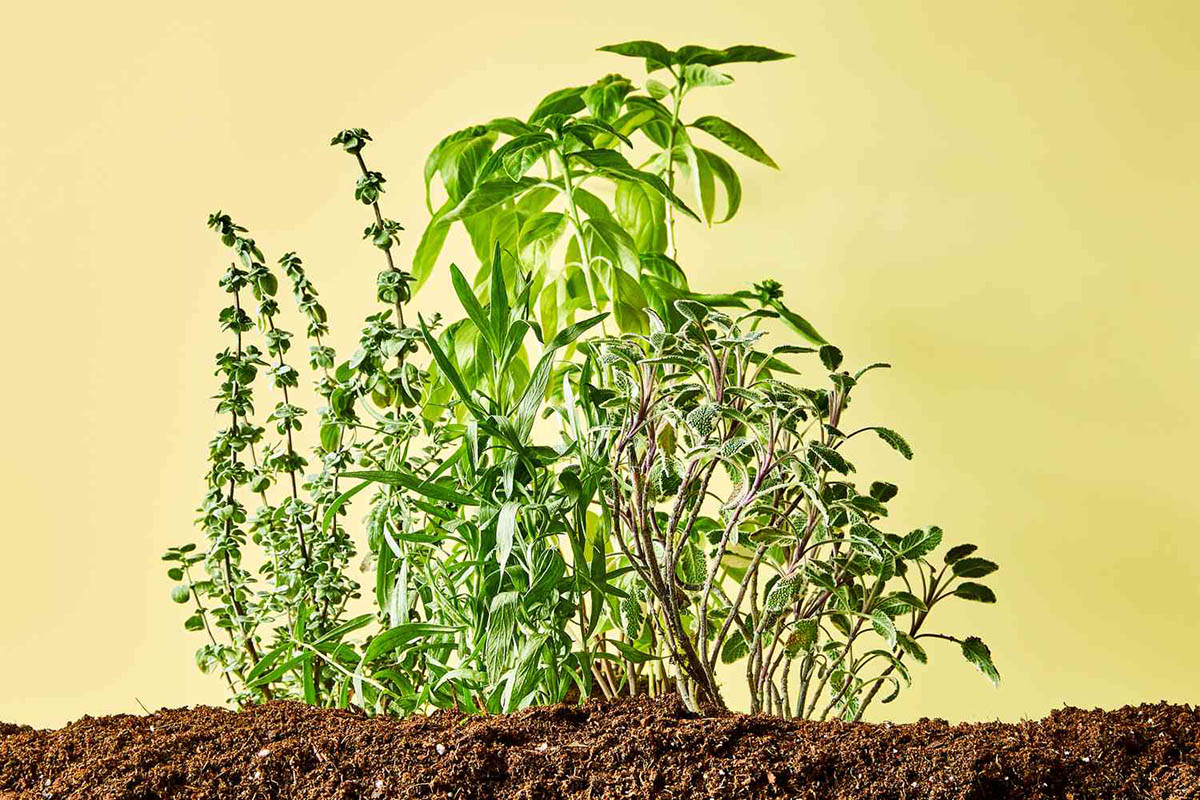
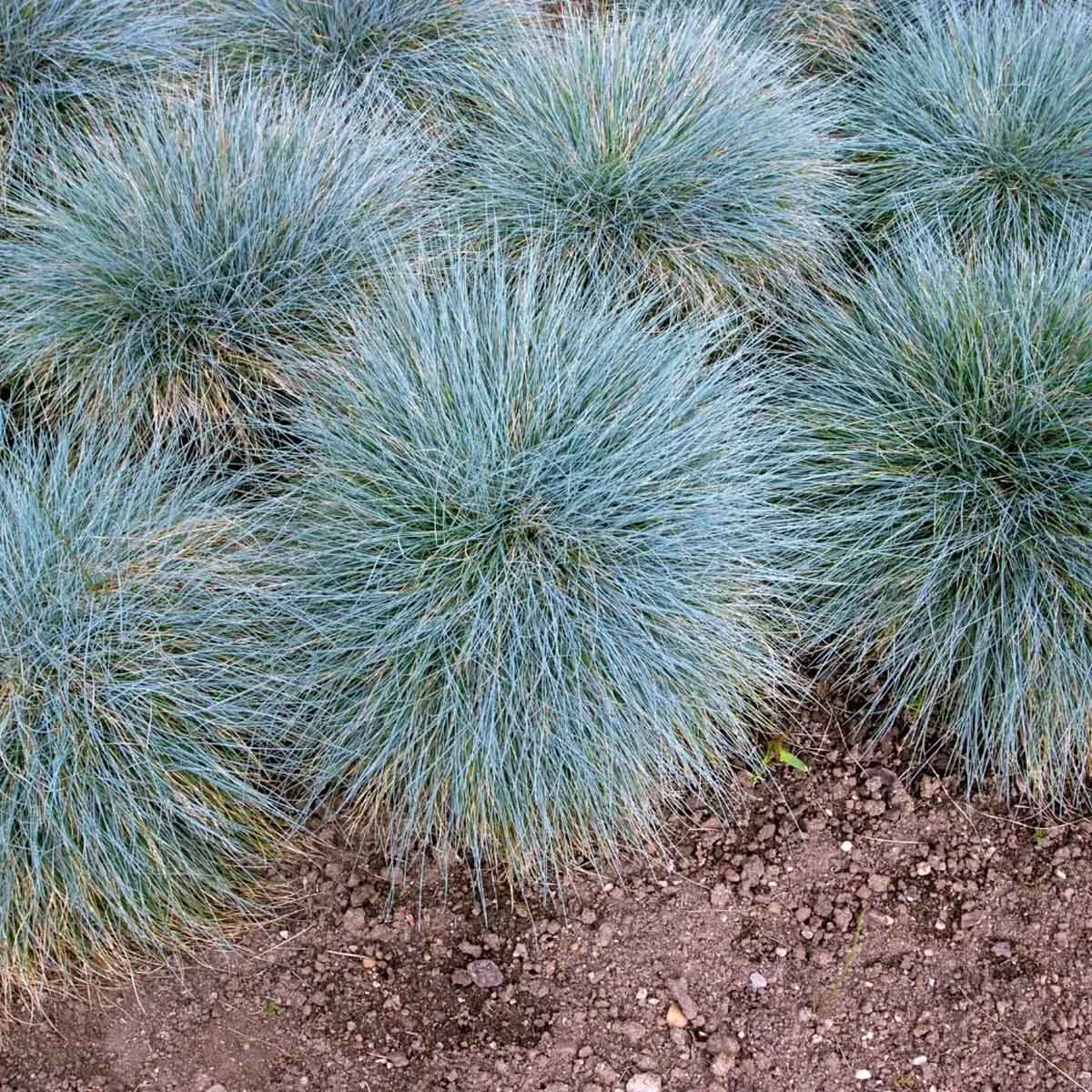
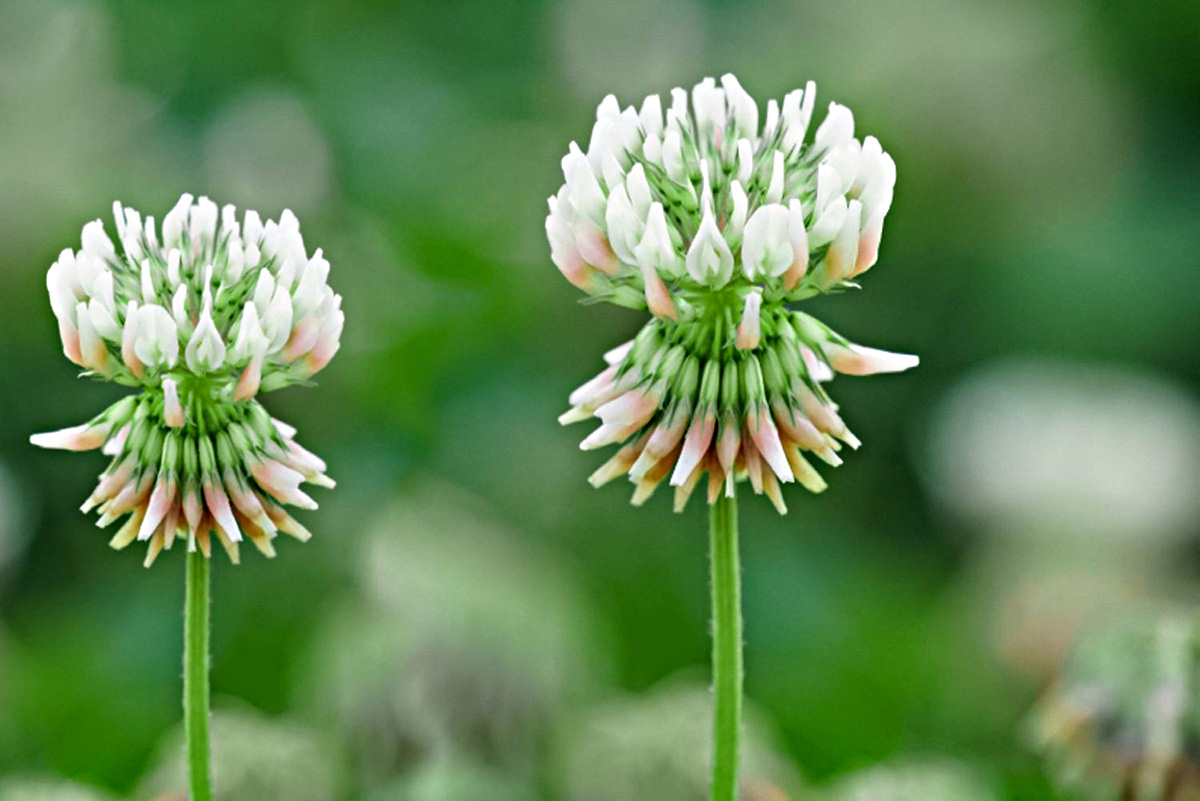
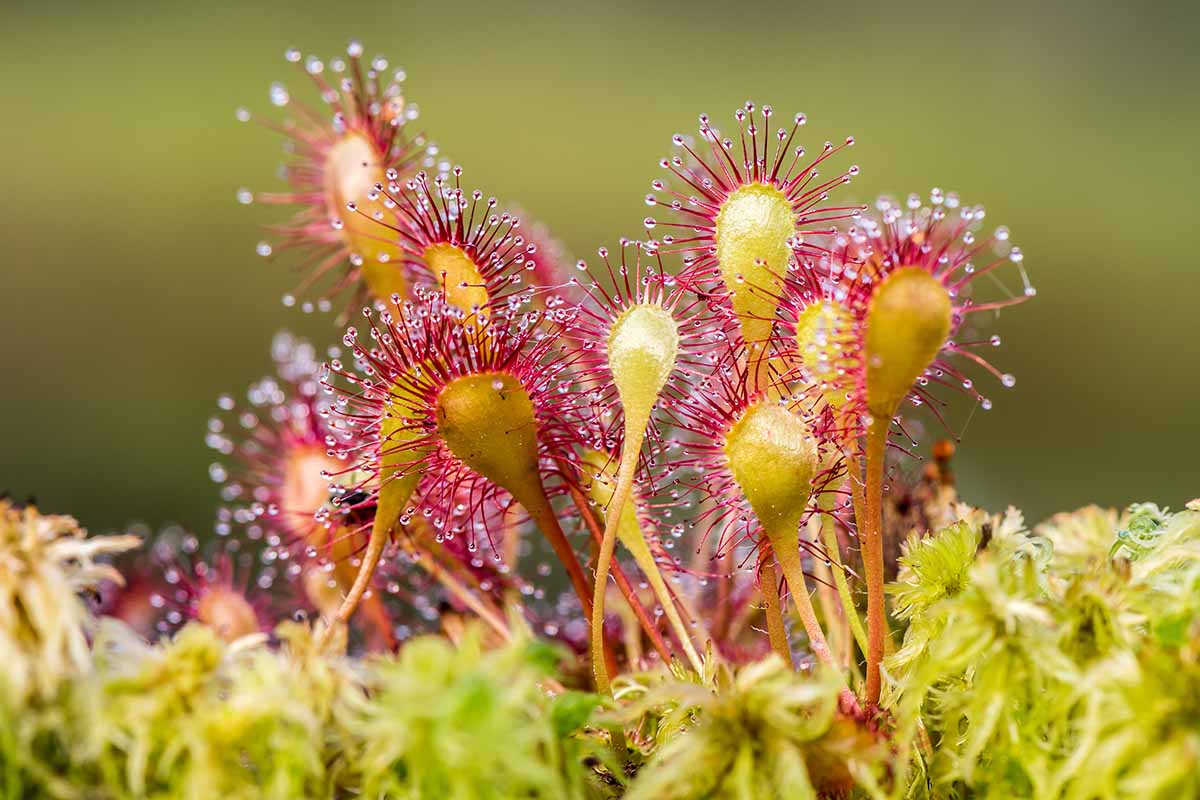
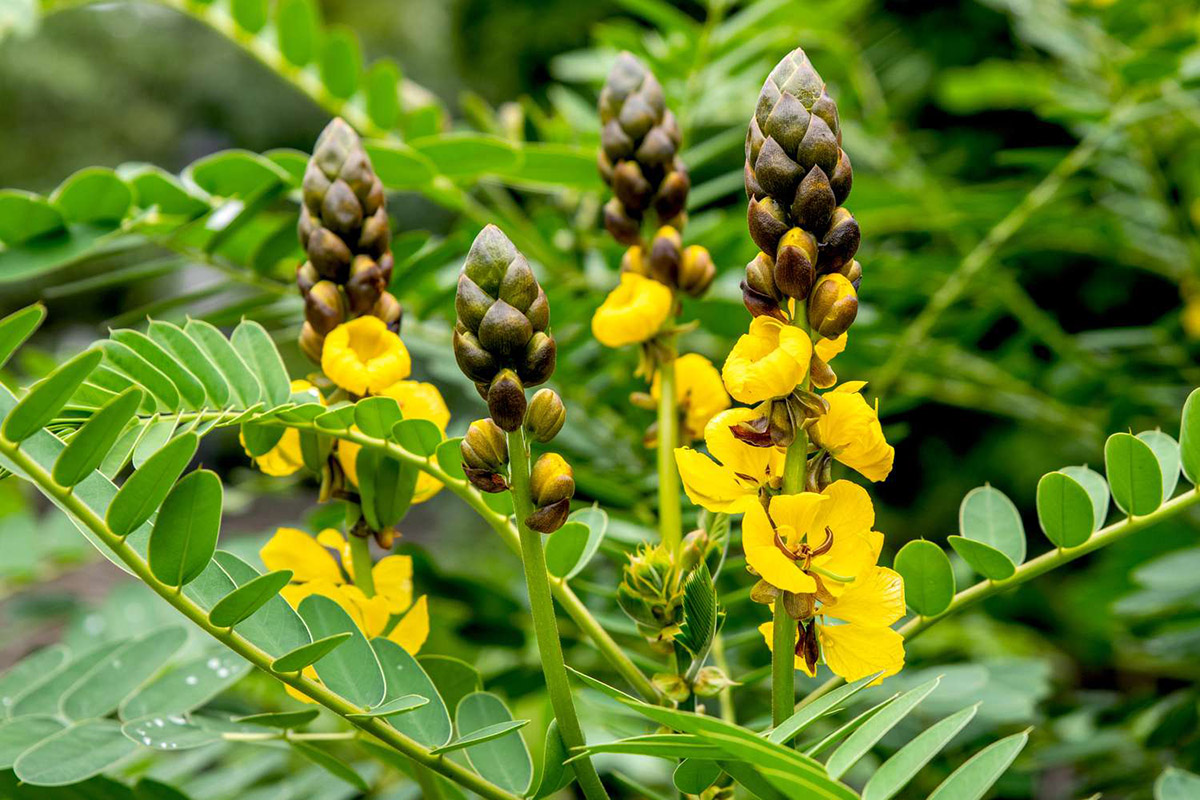
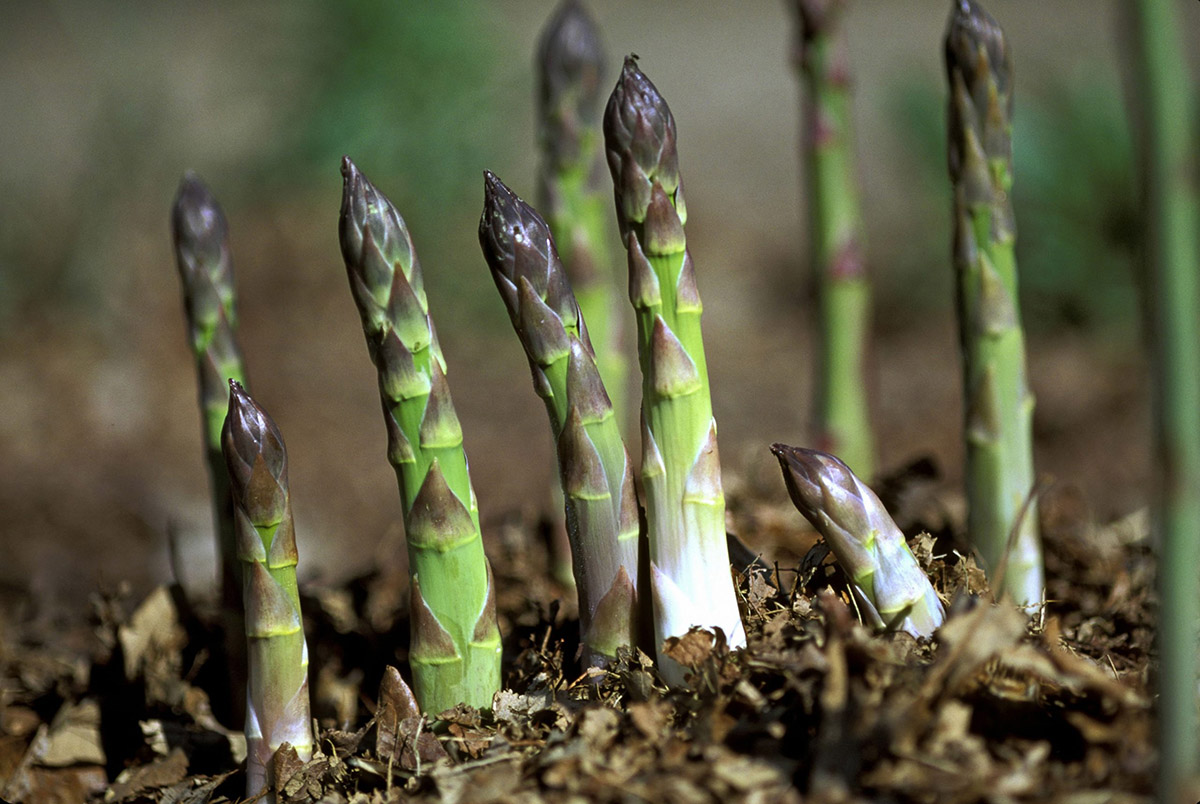
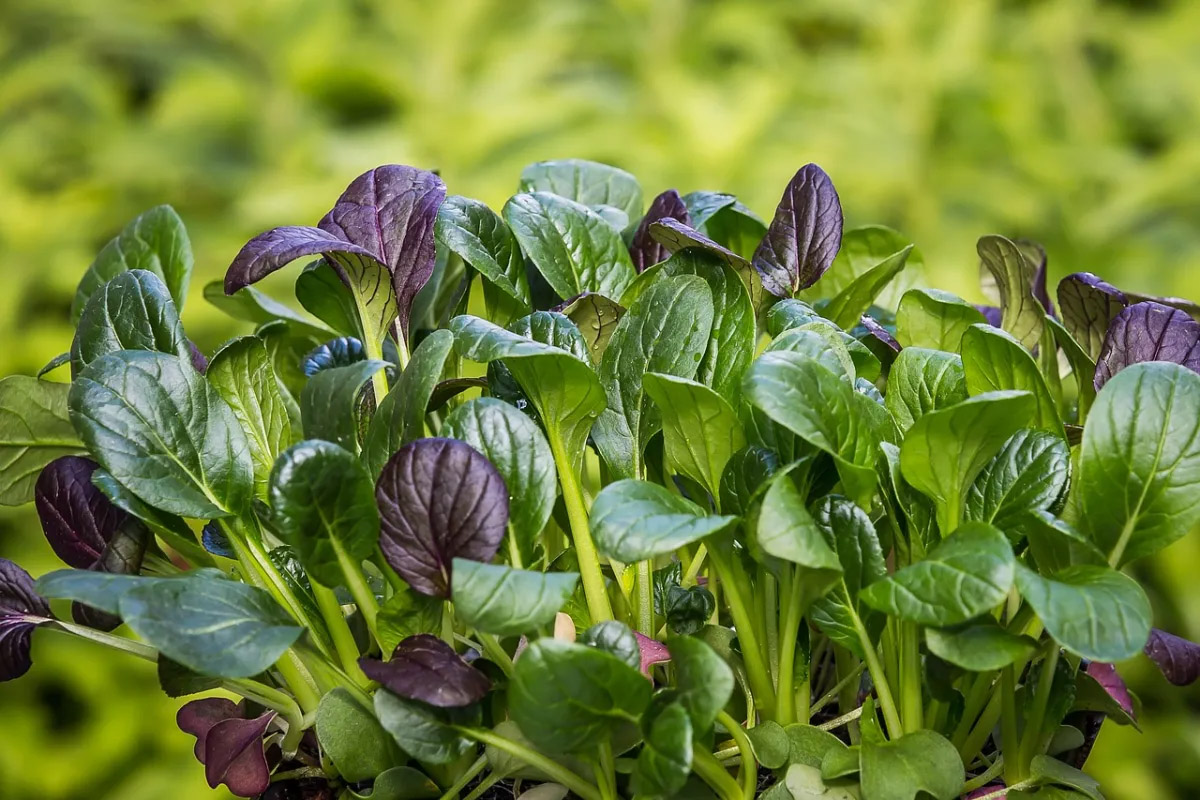
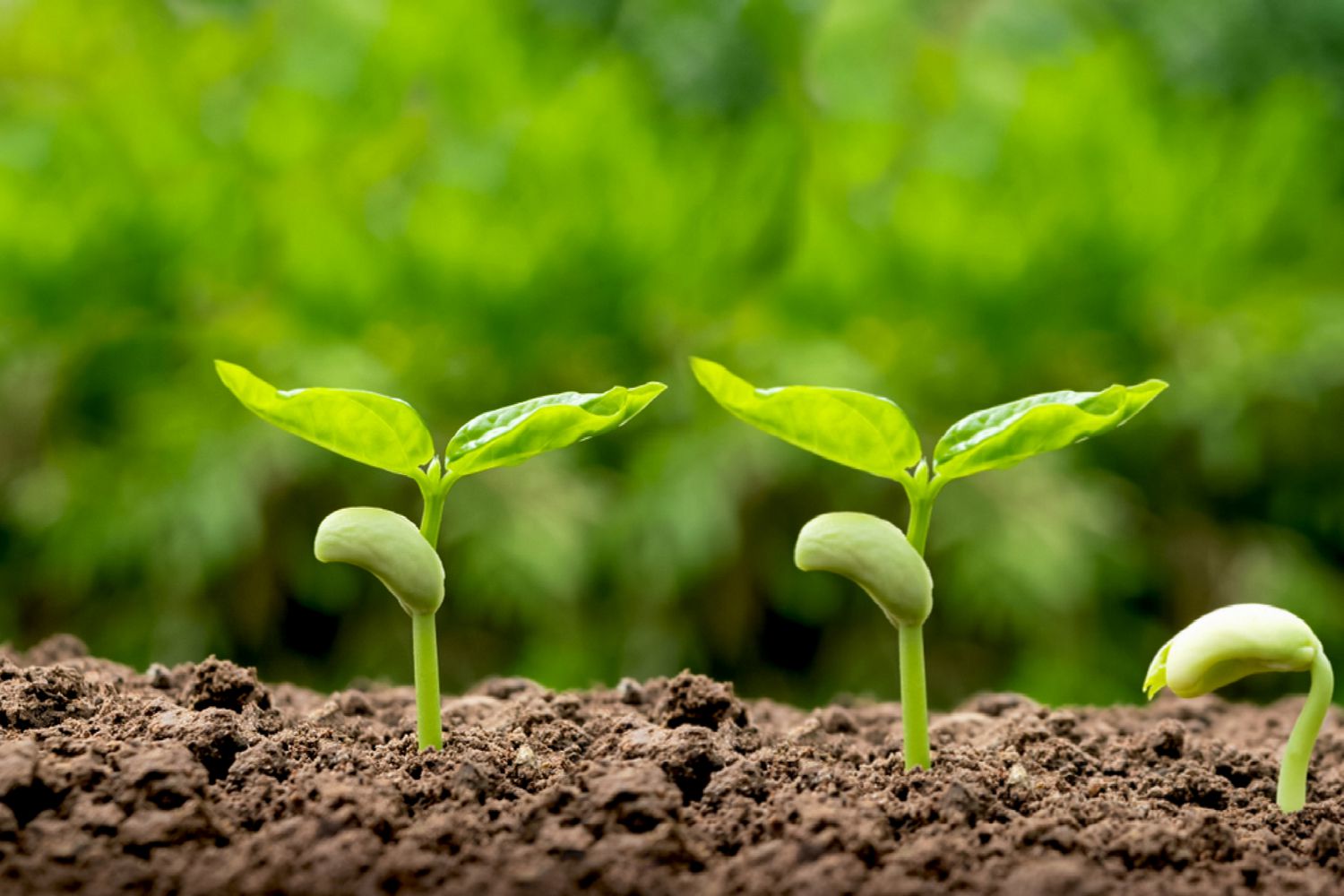
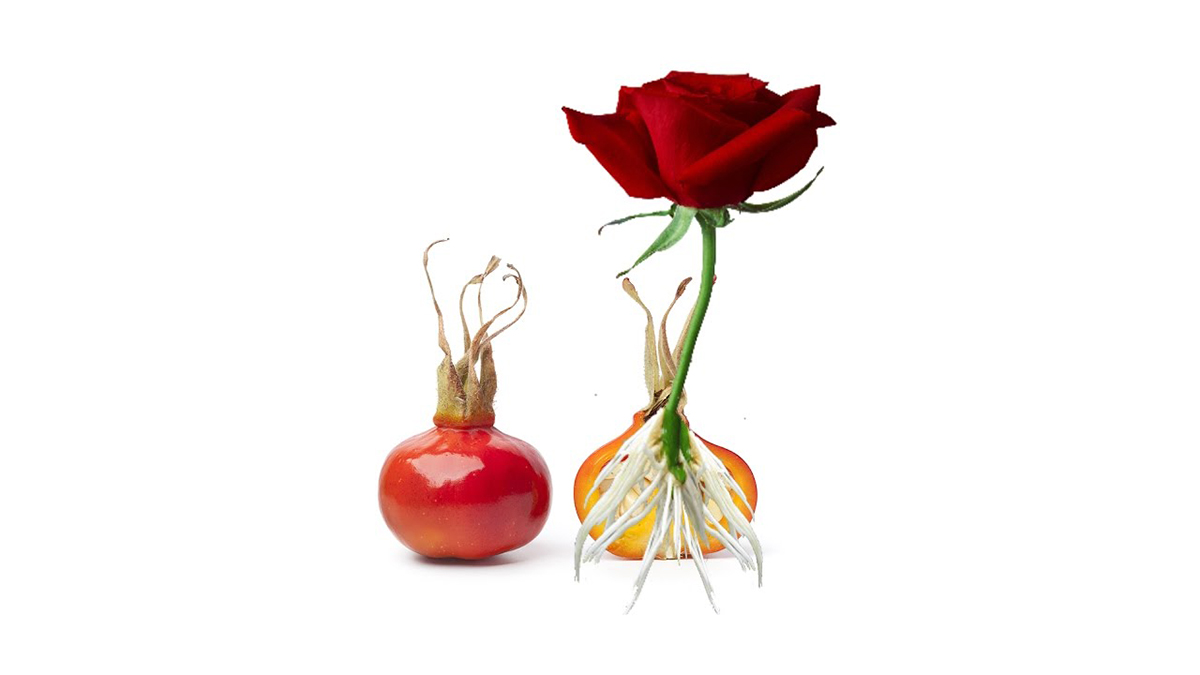
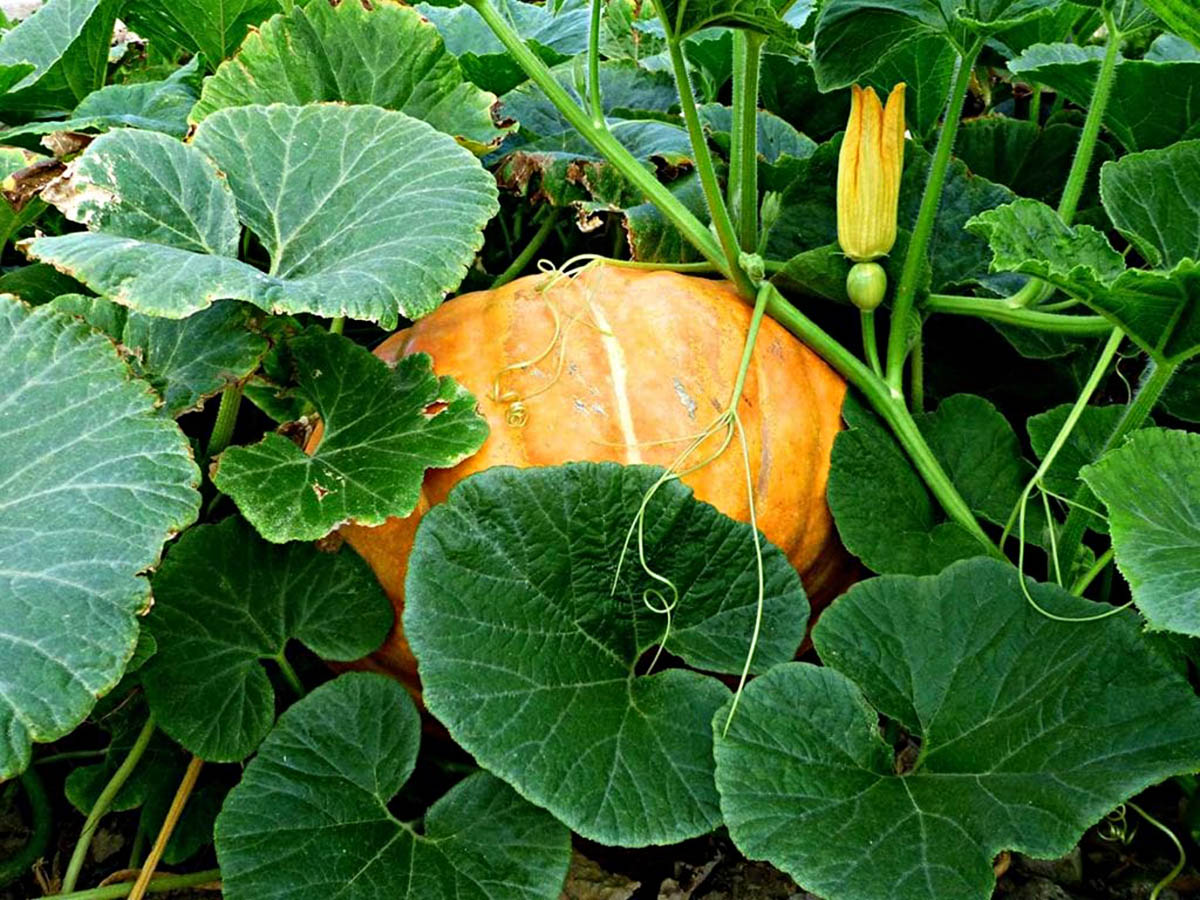
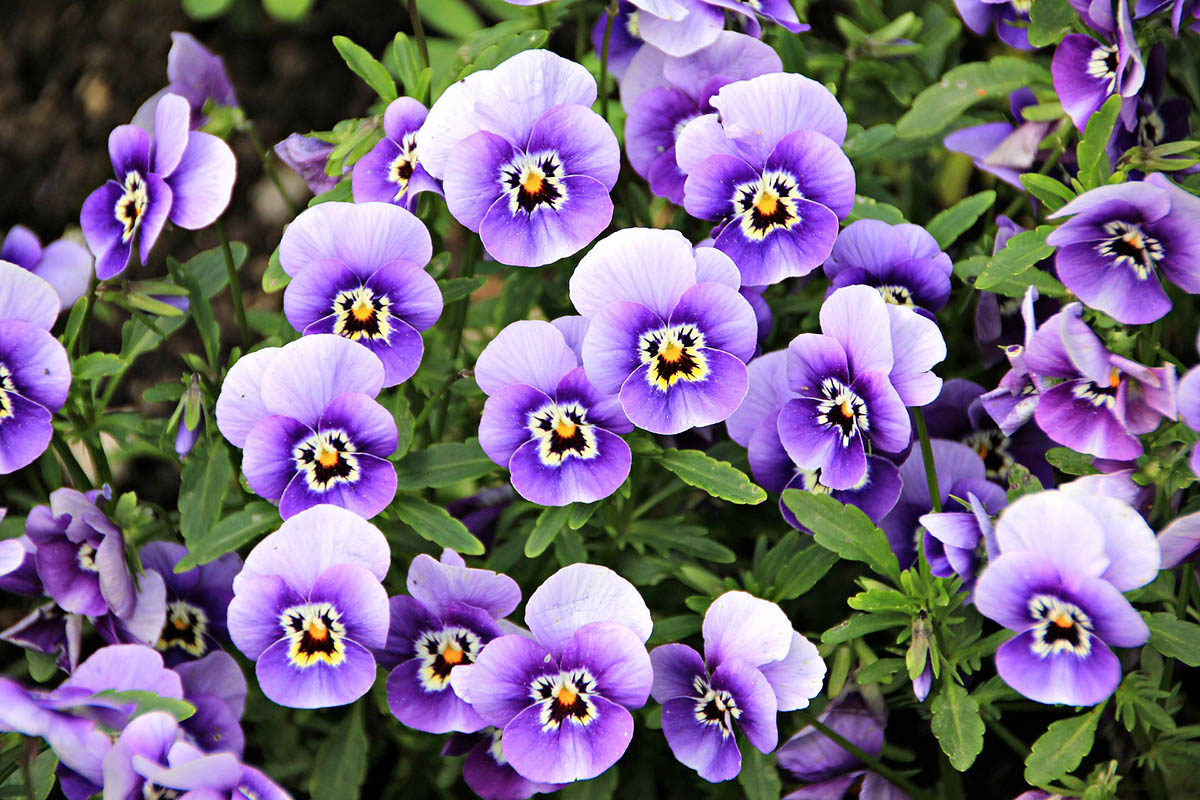
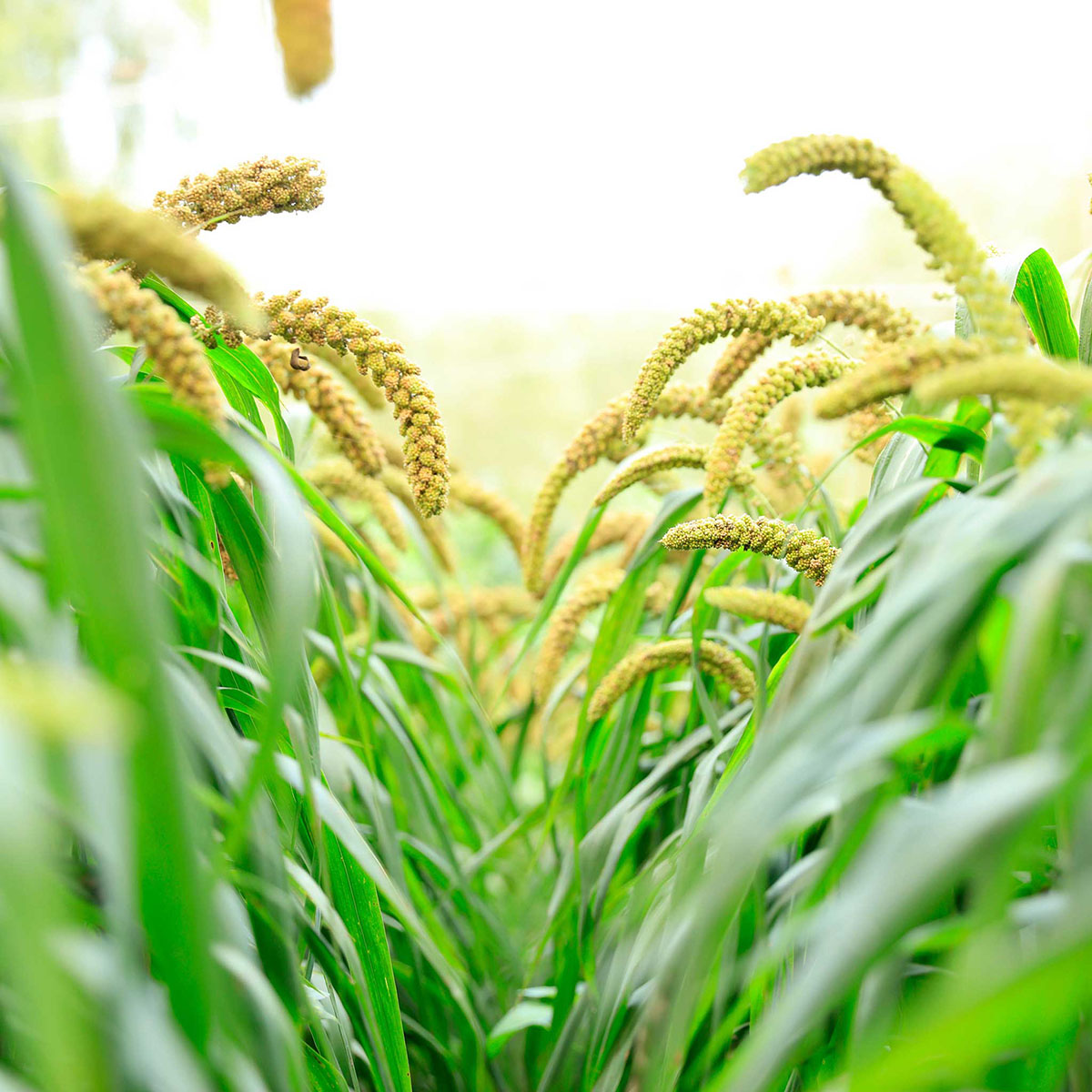
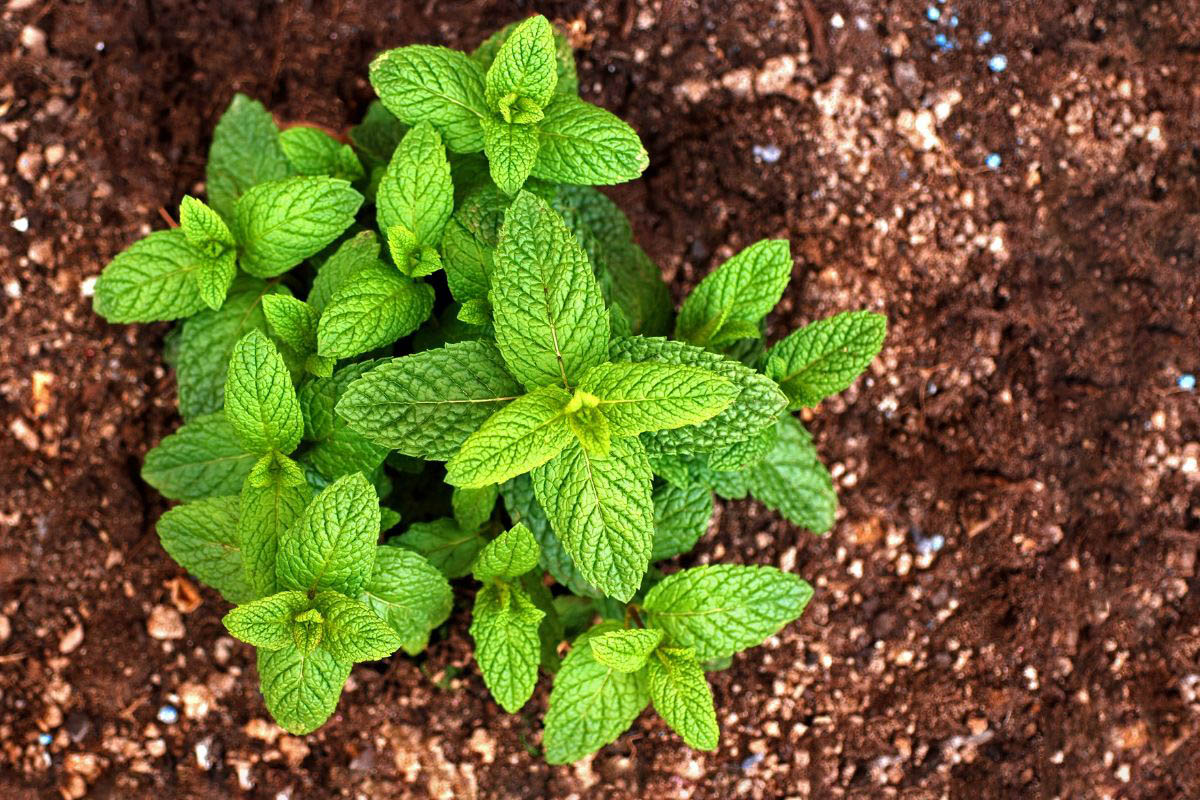
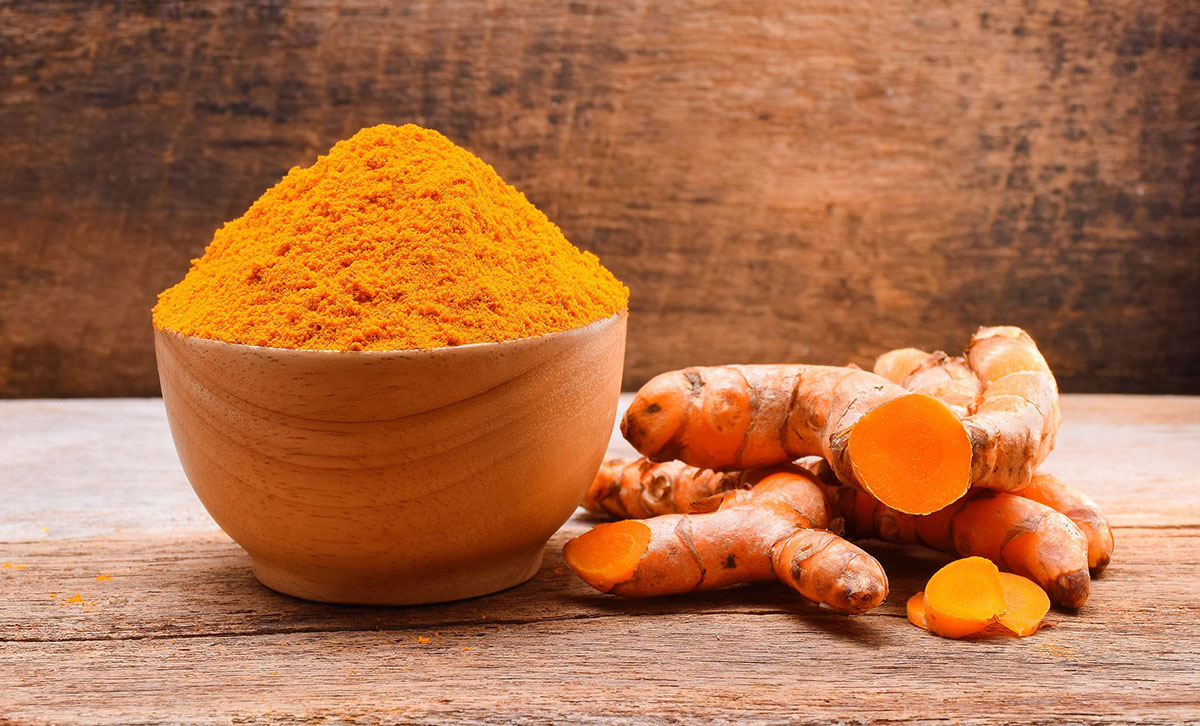

0 thoughts on “How Long Does Basil Take To Germinate?”